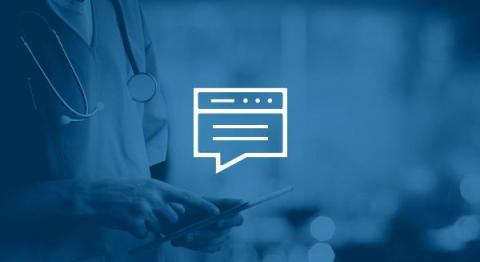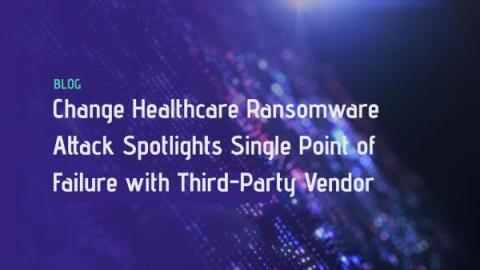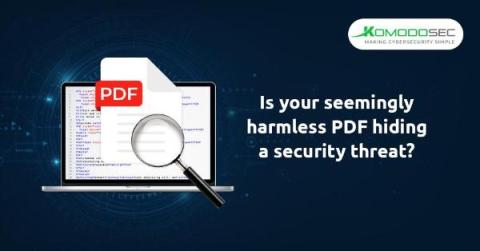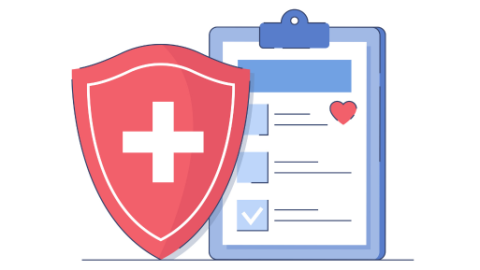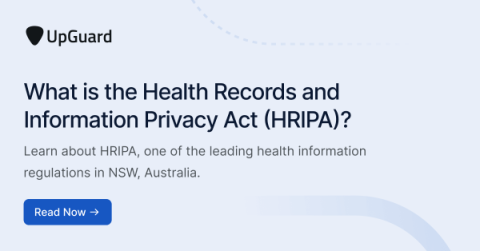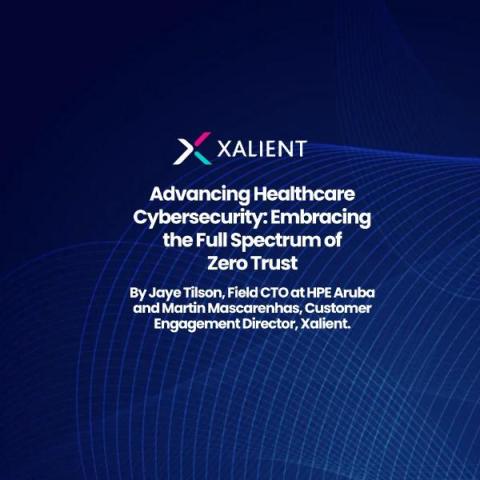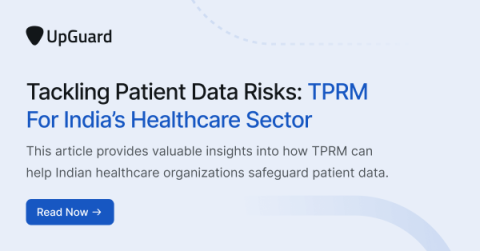The Top 18 Healthcare Industry Cyber Attacks of the Past Decade
10.93 million dollars USD. That’s the average cost of a healthcare breach in the U.S. It’s an alarming number that’s only continued to climb, increasing by over 53% in the past three years, according to IBM’s 2023 Cost of a Data Breach Report. In fact, the healthcare industry has had the highest average cost of a breach for 13 years running. It’s not just the costs that are climbing, either.


